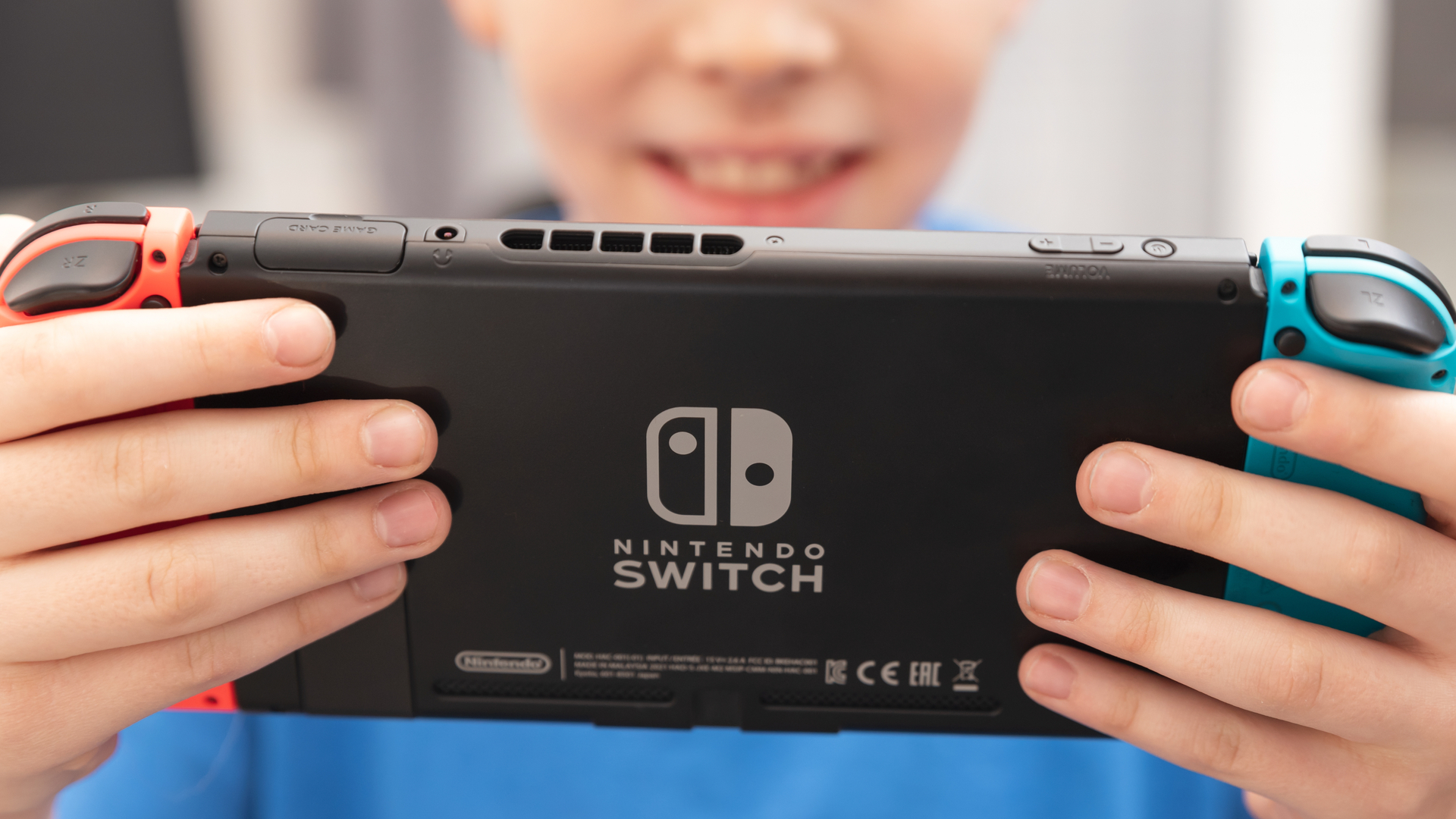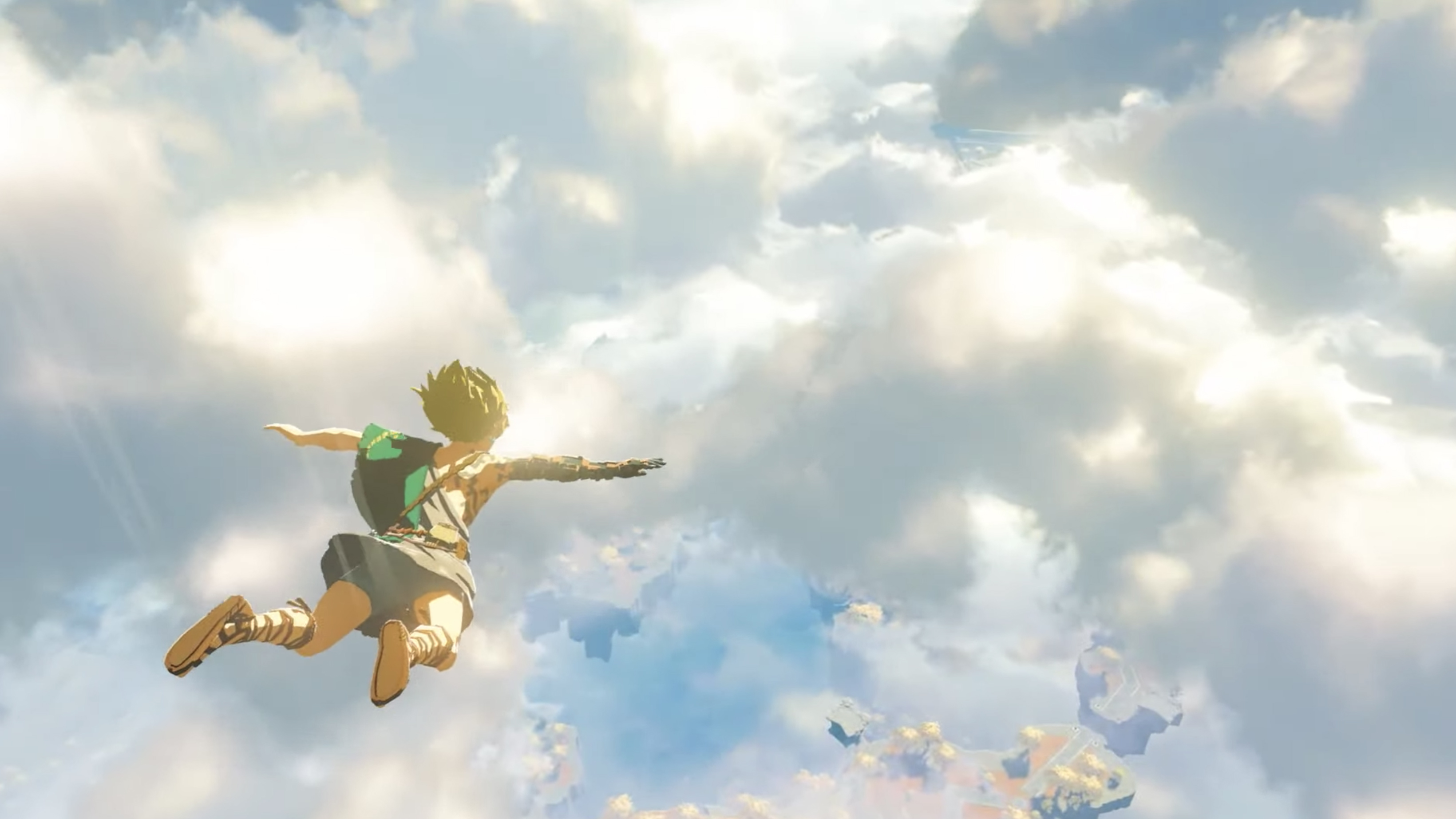
I love the Switch, to the point where I can forgive many of its shortcomings. Sure, it can’t do 4K. It often can’t muster a stable performance. It’s inundated with terrible ports. Oh, and the online infrastructure could be much, much better.
All things worthy of criticism. But they’ve never been outright deal breakers for me. After all, if I let higher frame rates and resolutions dictate my purchasing habits, I’d be missing out on many of the best Nintendo Switch games around. Games like The Legend of Zelda: Breath of the Wild, Xenoblade Chronicles 2 and the recently released Fire Emblem Warriors: Three Hopes, to name just a few.
But there’s one thing that seriously irks me about the Nintendo Switch. Not just the base console, but also the Nintendo Switch OLED. And that’s the downright paltry amount of storage space – something the company will need to address for its future hardware endeavors.
Giga-blight

The Switch might be an epochal improvement over the Wii U, but it seems like Nintendo wasn’t too interested in addressing one of that system’s many flaws. The basic, white variant of the Wii U came with a measly 8GB of storage. Only if you were willing to pay more for the Deluxe pack would you get a shiny black console with 32 GB of storage.
That’s actually where we stand with the base Switch model, too. The handheld hybrid launched in 2017 with just 32GB of storage space. And in 2021, we got the Nintendo Switch OLED, which doubled that number to 64GB. But in the grand scheme of things, that’s still far below what the competition is offering.
On PS5, you’re getting 1TB on both the physical and digital versions. It’s a similar story with Microsoft: 1TB on Xbox Series X, and 512GB on Xbox Series S. These can be further bolstered by internal SSDs on PS5, and accessories like the Seagate Storage Expansion Card on Xbox.
The latter approach does apply to Switch as well. You can buy extra microSD cards to give your console’s storage a much-needed bump. The difference is that the purchase of a microSD card for Switch can feel non-negotiable, especially if you download a lot of games. It’s easy to fill out that meager amount of storage much quicker than you’d like.
Get daily insight, inspiration and deals in your inbox
Sign up for breaking news, reviews, opinion, top tech deals, and more.
Switch it up

So what can Nintendo do to address this issue in future – and should it, given that the price of their consoles would likely rise as a result? I think the answer is a resounding yes here. Nintendo Switch games – especially first party titles and many of the third party ports – have only gotten bigger in size in recent years.
Take Xenoblade Chronicles 3, launching at the end of July. At 15GB, it’s the largest mainline Xenoblade game to date. And on a base Switch without a microSD card installed, it will eat up just under half of the total storage space available. The equivalent on PS5 would be a game taking up roughly 400 to 500GB of space. Not even storage-hungry games like Call of Duty: Warzone or Horizon Forbidden West can claim to achieve that.
Moreover, Nintendo’s first party output is only going to get more ambitious with time. We already know that Monolith Soft is working on a gigantic new IP. Similarly, future Zelda titles are likely to surpass even Tears of the Kingdom in terms of boundary-pushing scope.
Nintendo absolutely needs to bring its A game when it comes to storage space on its future consoles, then. And I don’t just mean a modest bump up to something like 128GB. When even smartphones like the Samsung Galaxy S22 can offer up to 256GB of storage space, Nintendo has no excuse not to bolster its tech.
At the bare minimum, I’d love to see Nintendo’s next flagship console clock in at least 256GB of storage space. But 512GB or even 1TB would be a real win. Hopefully, an upgrade like that would be matched by other much-requested specs like 4K resolution and support for higher frame rates. Many of us now treat the Switch like an Xbox or PlayStation on the go, and Nintendo needs to do the same.

Rhys is TRG's Hardware Editor, and has been part of the TechRadar team for more than two years. Particularly passionate about high-quality third-party controllers and headsets, as well as the latest and greatest in fight sticks and VR, Rhys strives to provide easy-to-read, informative coverage on gaming hardware of all kinds. As for the games themselves, Rhys is especially keen on fighting and racing games, as well as soulslikes and RPGs.